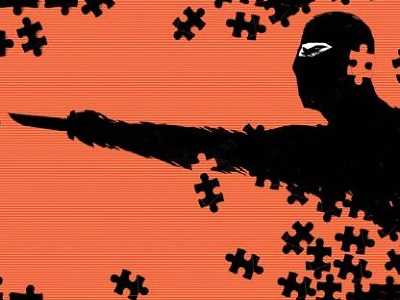
True, at present, the Middle East region is the ideal incubator for violent militancy and political radicalisation. However, it is difficult to place Daesh even within that context without raising a host of questions.
Starting with the first US-led western war in Iraq (1990-91), then a decade-long blockade, then the invasion of Iraq (2003), the Middle East has undergone a rapid state of radicalisation that was more or less consistent with the violence visited upon the region by the US and its allies. Generation after generation of angry, radicalised, unemployed and humiliated youth was very much a reasonable and predictable outcome.
The so-called Arab Spring could have been the political platform to offer a positive outlet for change, to absorb the existing anger and channel it to reverse the tide of radicalisation, hopelessness and growing militarism. But that too was suffocated by the same traditional forces that engendered corruption and violence in the first place.
The “counter revolutions” backed by western military interventions remoulded the old reality, but in a much more violent and oppressive way than before. They created a vacuum that was naturally filled by non-state actors, sometimes tribes as in the case of Yemen, and partly in Libya — and other times by militant groups as is the case of Syria.
Most notorious among those is Daesh. But that is where the logic of the story begins to dissipate ..
– Read more: Daesh is No Popular Phenomenon – Ramzy Baroud, Gulf News





